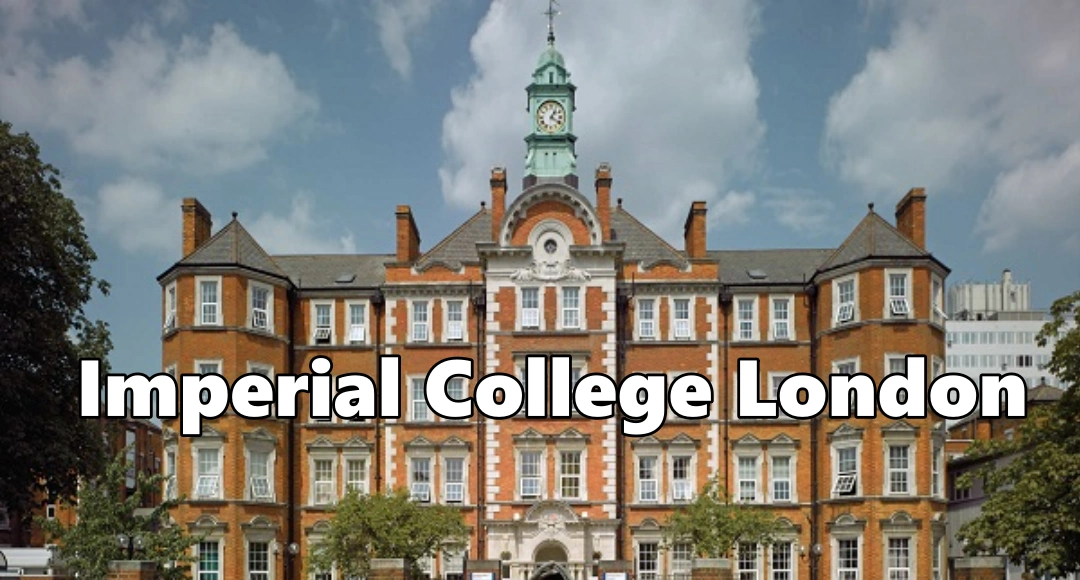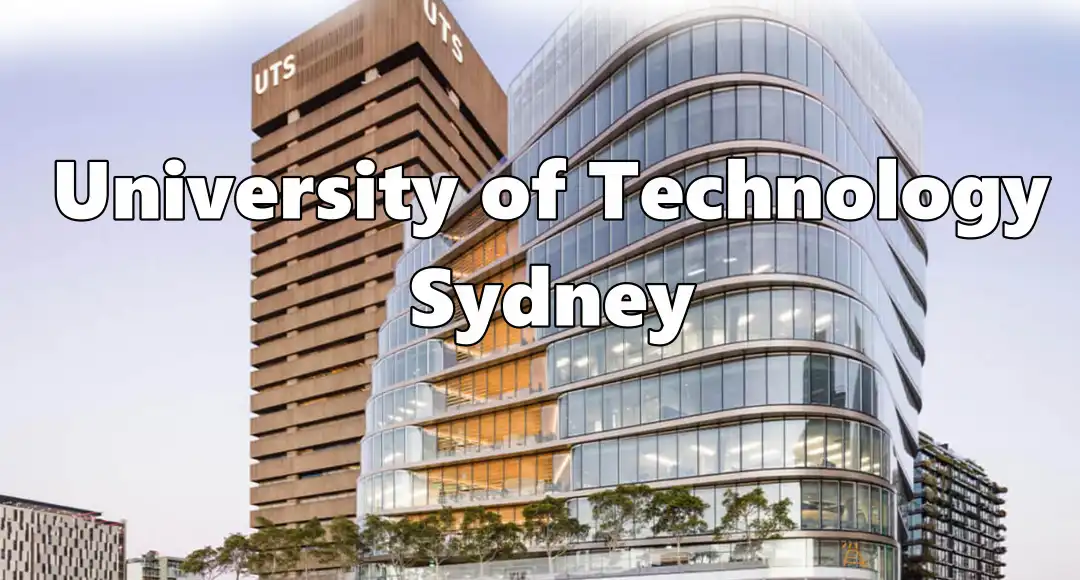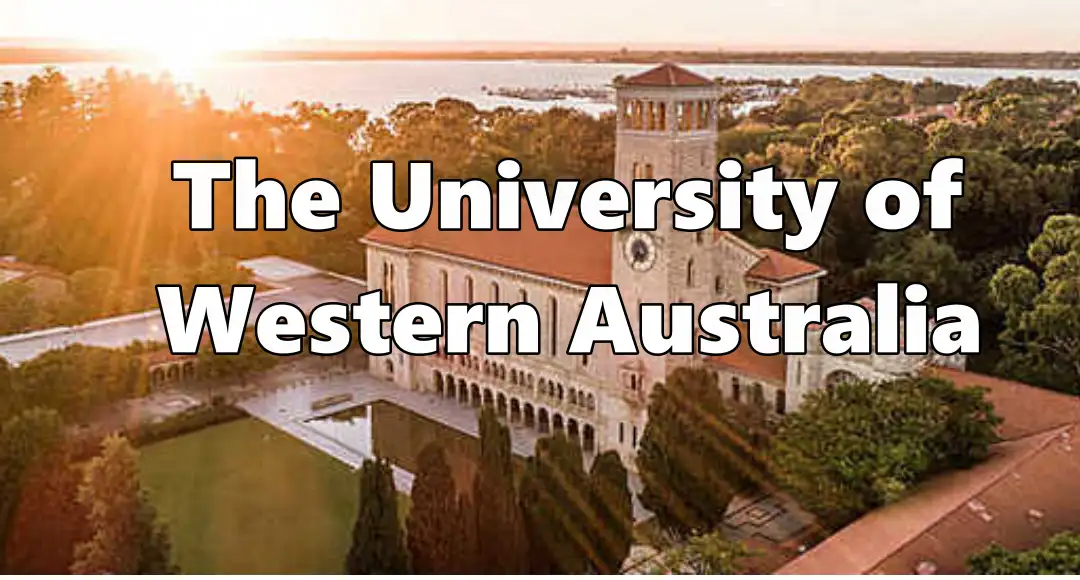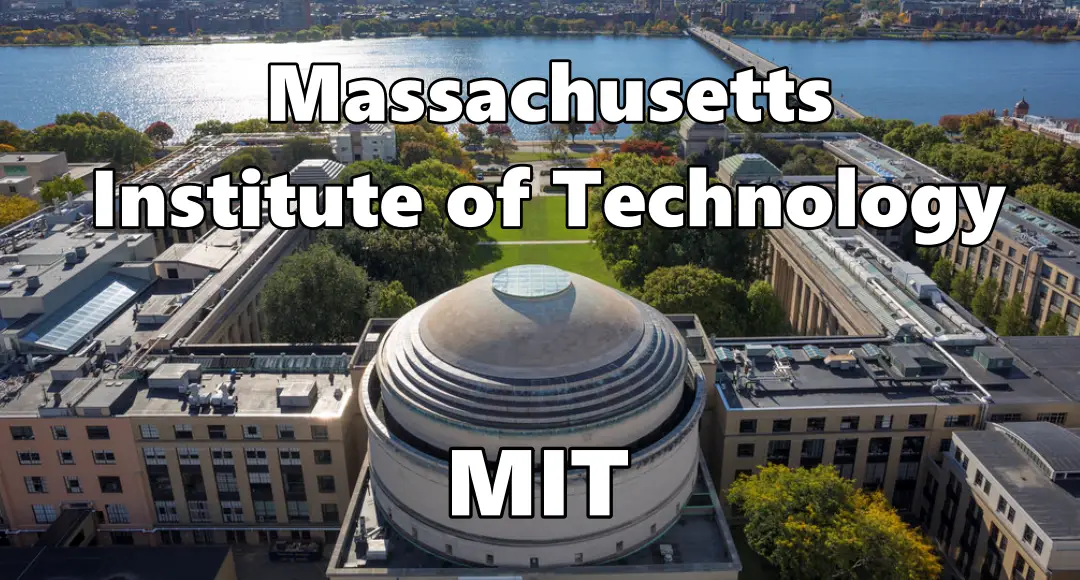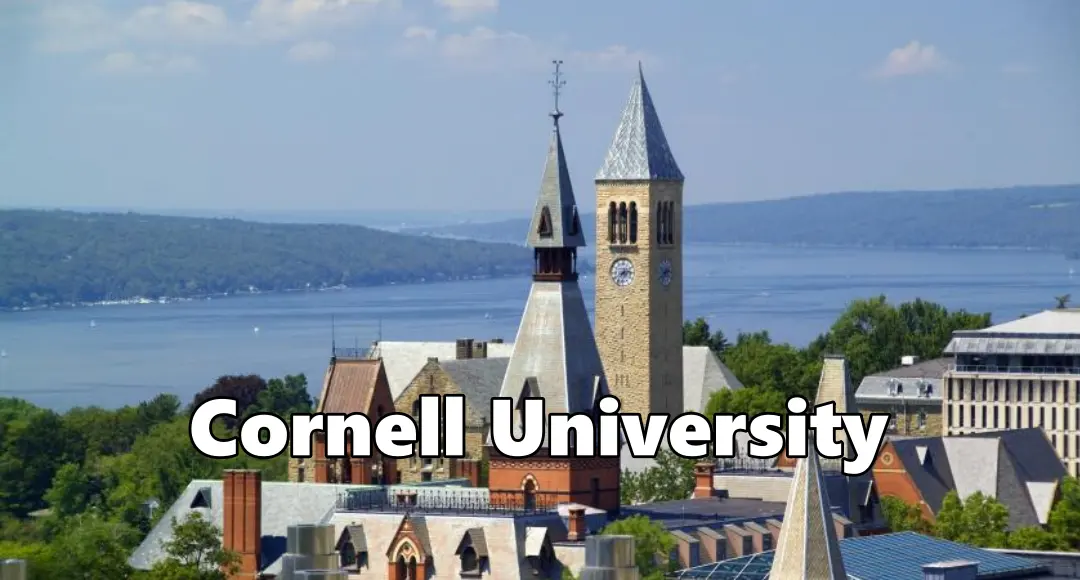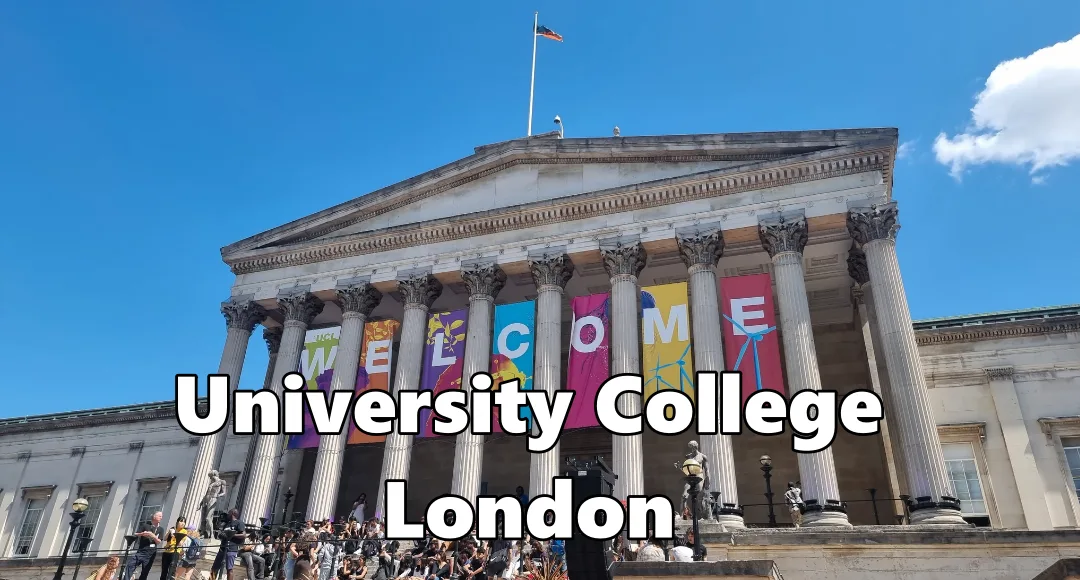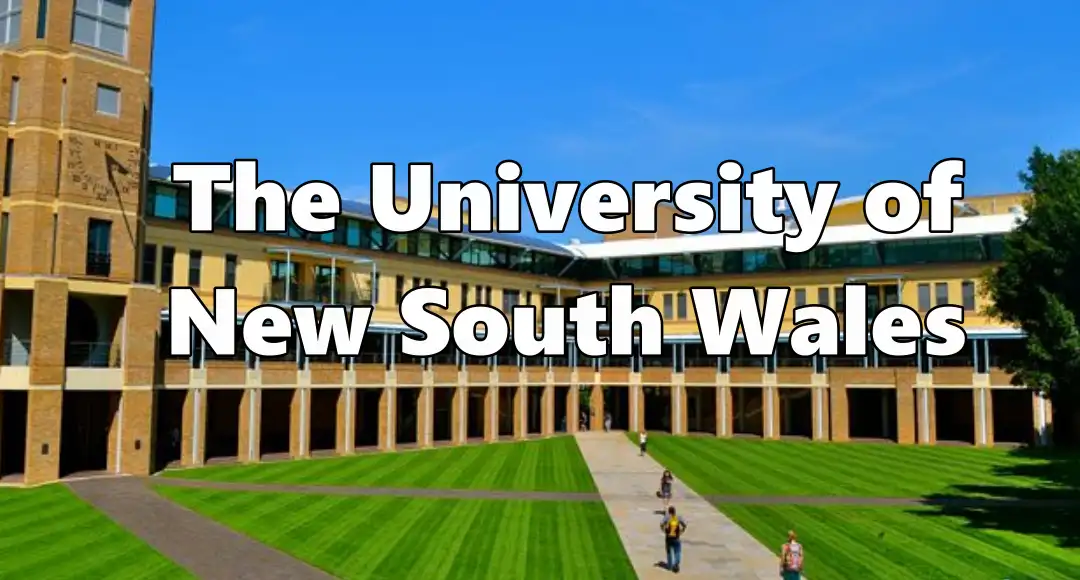Imperial College London: Leading Global University in Science, Engineering, and Medicine
Imperial College London is one of the world’s leading universities, known for its focus on science, engineering, medicine, and business. Located in the heart of London, Imperial is recognized for its innovative research, high academic standards, and global influence. Students and researchers from around the world come to Imperial to contribute to groundbreaking discoveries and pursue careers in various scientific and technical fields.
History and Founding of Imperial College London
Imperial College London was founded in 1907 as a merger of several existing colleges in London, including the Royal College of Science, the Royal School of Mines, and St. Mary’s Hospital Medical School. The aim was to create a university focused on applied science, engineering, and medicine.
Growth and Development
Throughout the 20th century, Imperial grew into one of the leading institutions for scientific research and education. It expanded its departments and research programs, attracting top faculty members and researchers from around the world.
Modern Imperial College London
Today, Imperial College London is one of the top universities globally, particularly renowned for its research in fields like engineering, medicine, and technology. It has become a hub for innovation, producing influential graduates and contributing to major scientific advancements.
Imperial College London’s Campus and Location
Imperial College London is located in South Kensington, in central London. The university is situated in one of the most vibrant areas of the city, surrounded by world-class museums, restaurants, and cultural landmarks. The campus itself is a mix of modern and traditional architecture, with state-of-the-art labs, lecture halls, and student spaces.
Iconic Buildings and Landmarks
Some of the most famous buildings and landmarks at Imperial include:
- The Queen’s Tower – A historic and iconic part of the Imperial campus.
- The Sir Alexander Fleming Building – Home to the Department of Life Sciences.
- The Imperial College Business School – The hub for Imperial’s business programs.
- The Dyson Building – A cutting-edge building for design and engineering students.
- The campus provides an ideal environment for students to learn, collaborate, and innovate in their respective fields.
Academic Programs at Imperial College London
Imperial College London has four main faculties:
- Faculty of Engineering – Offers programs in civil, mechanical, electrical, and aerospace engineering, among others.
- Faculty of Natural Sciences – Includes subjects like physics, chemistry, and life sciences.
- Faculty of Medicine – Focuses on programs related to medical sciences, including the highly respected medical school.
- Imperial College Business School – Offers courses in business, management, and finance.
Popular Majors at Imperial
Some of the most popular programs at Imperial include:
- Engineering (Mechanical, Electrical, Civil)
- Medicine and Life Sciences
- Computer Science
- Physics and Chemistry
- Business and Management
Imperial is especially well-known for its engineering and medical programs, with a strong emphasis on practical learning and research.
Research and Innovation
Imperial College London is globally recognized for its cutting-edge research. The university is involved in a wide range of innovative projects, from medical breakthroughs to advancements in renewable energy. Some key research centres at Imperial include:
- The Institute of Global Health Innovation – Focuses on improving global health through research and technology.
- The Grantham Institute – Works on climate change research and sustainability.
- The Imperial College Healthcare NHS Trust – Combines research with healthcare practice, making a real-world impact on medicine.
- Imperial encourages students to participate in research from an early stage, often through programs like the Undergraduate Research Opportunities Programme (UROP).
Admissions at Imperial College London
To apply to Imperial College London, students must submit:
- Academic transcripts
- High school or university grades
- Letters of recommendation
- A personal statement
- English language test results (if applicable)
Imperial typically requires high academic performance, especially in subjects related to the program applied for.
Acceptance Rate
Imperial College London is highly selective, with an acceptance rate of around 10-15%. It is one of the most competitive universities, and successful applicants usually have excellent academic records and strong performance in relevant subjects.
Student Life at Imperial College London
Imperial College London offers various types of accommodation for students, including halls of residence and apartments. These accommodations are located close to the campus, offering easy access to academic buildings and the vibrant city of London.
Clubs and Extracurricular Activities
Imperial students have access to over 300 clubs and societies, ranging from academic and professional groups to social and recreational clubs. Some popular student organizations include:
- Imperial College Union – Organizes events, activities, and support services for students.
- Imperial College Racing – A team of students who design and build racing cars.
- The Imperial College Music Society – For students interested in music performance and production.
- The Imperial College Theatre Group – A platform for students passionate about theatre and drama.
Diversity and Inclusion
Imperial College London is committed to creating a diverse and inclusive environment. Students from all over the world come to study at Imperial, contributing to the university’s global community. Imperial also supports diversity through initiatives that promote gender equality, inclusion for underrepresented groups, and opportunities for students of all backgrounds.
Notable Alumni of Imperial College London
Imperial College London has produced many influential figures in science, engineering, business, and politics, including:
- Sir Alexander Fleming – Nobel Prize-winning bacteriologist and discoverer of penicillin.
- Richard Dearlove – Former head of MI6, the British Secret Intelligence Service.
- James Dyson – Founder of Dyson Ltd and inventor of the Dyson vacuum cleaner.
- Boris Johnson – Prime Minister of the United Kingdom.
Imperial’s Global Influence
Imperial College London’s alumni have made significant contributions to industries like technology, healthcare, and engineering. The university’s research and teaching continue to influence the global academic and professional communities.
Financial Aid and Scholarships
The tuition fees at Imperial College London vary depending on the program, but they are generally around £30,000-£40,000 per year for international students. For UK and EU students, the fees are lower.
Financial Aid and Scholarships
Imperial offers a range of scholarships and financial aid options, including merit-based awards and need-based support. Scholarships are available for undergraduate and postgraduate students, helping to reduce the financial burden of studying at a world-class institution.
Career Opportunities and Job Placements
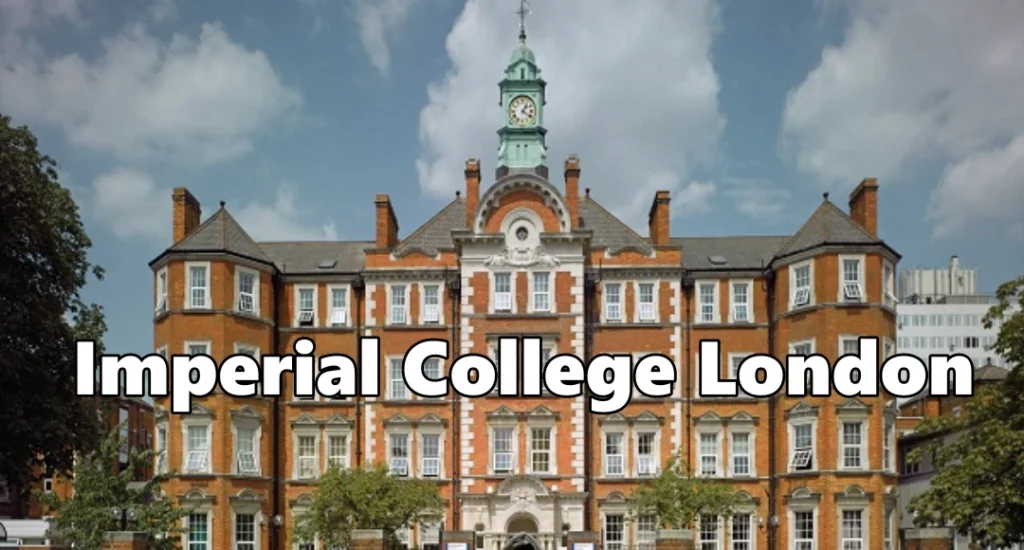
Imperial College London has strong links with industry, offering students opportunities for internships and work placements with leading companies and research organizations. Many students gain practical experience during their studies, which helps them secure top jobs after graduation.
Career Outcomes
Imperial College London has a high employment rate, with most graduates finding work or continuing their studies within six months of completing their degree. The university’s strong alumni network and career services department provide extensive support to students as they begin their professional careers.
Conclusion
Imperial College London is a prestigious institution known for its focus on science, engineering, medicine, and business. With its excellent academic programs, world-class research, and strong industry connections, Imperial offers students a unique opportunity to study in one of the most vibrant and innovative cities in the world.
